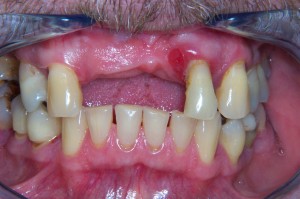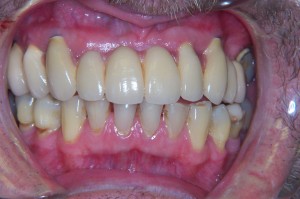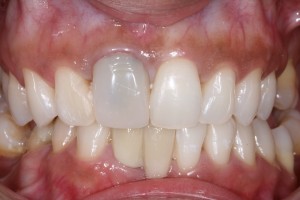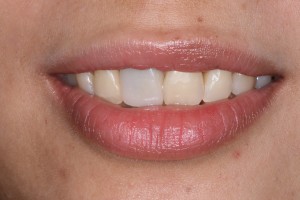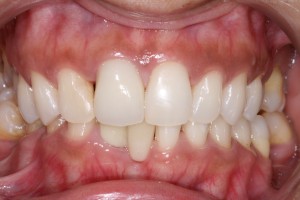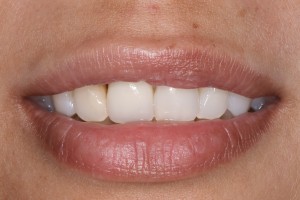Around eight to ten per cent of the UK population are regular tooth grinders. The medical term for teeth grinding is Bruxism.
It can occur during the day when people are anxious or concentrating on a difficult task, but usually occurs during sleep and many people are not aware that they do it, according to the Bruxism Association.
Bruxism can cause an aching jaw, headaches, earache and disrupted sleep. It can also leave people with worn and broken teeth and inflamed and receding gums.
Teeth grinding can affect people of all ages but is most common in 25 to 44yr olds. It may be a side-effect of medication or be associated with depression, anxiety or drug abuse.
Tooth grinding cannot be cured but it can be controlled with small plastic mouth guards known as Occlusal Splints. These protect the teeth from wear and reduce jaw movement and noise. Relaxation techniques such as meditation and hypnotherapy have been found to be effective in some people.
extract from: THE MAGAZINE FOR PROFESSIONAL ASSISTANTS


